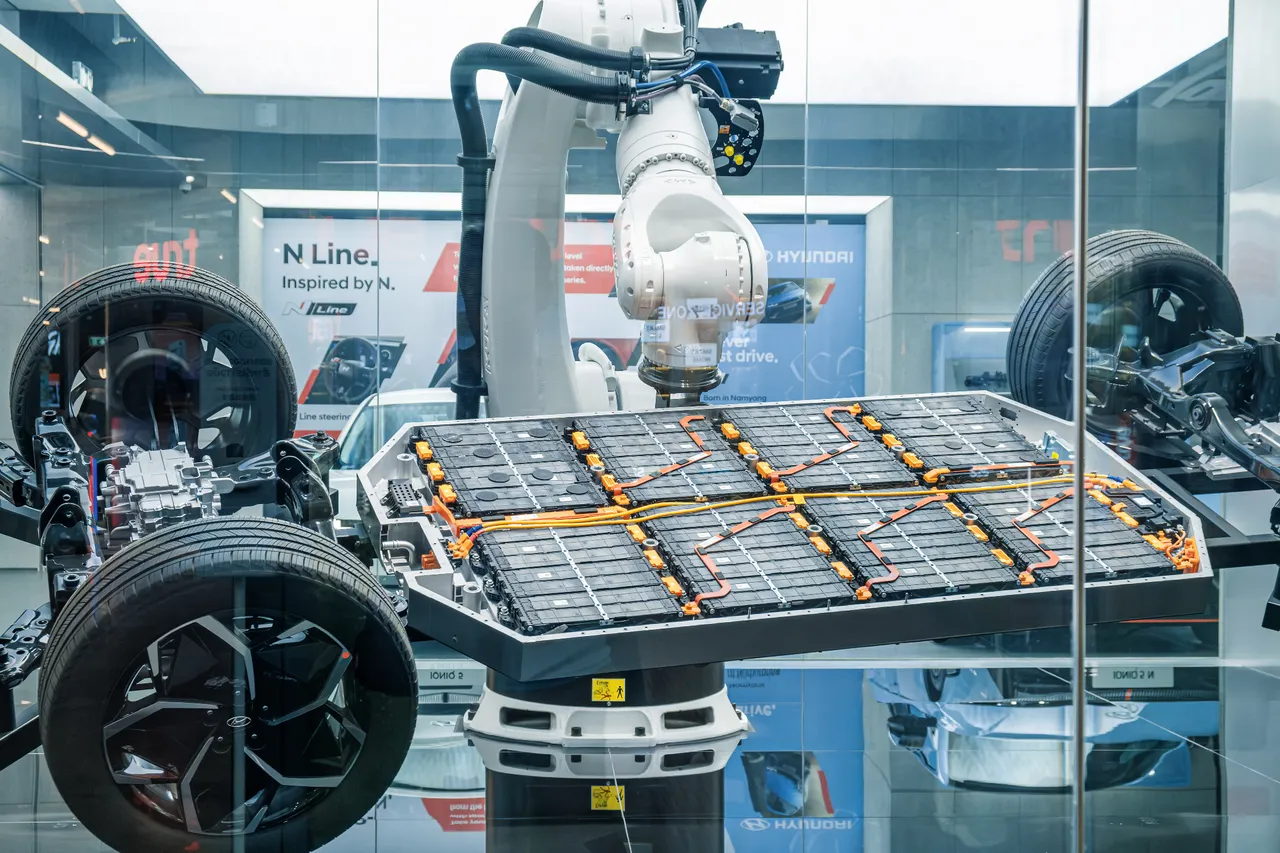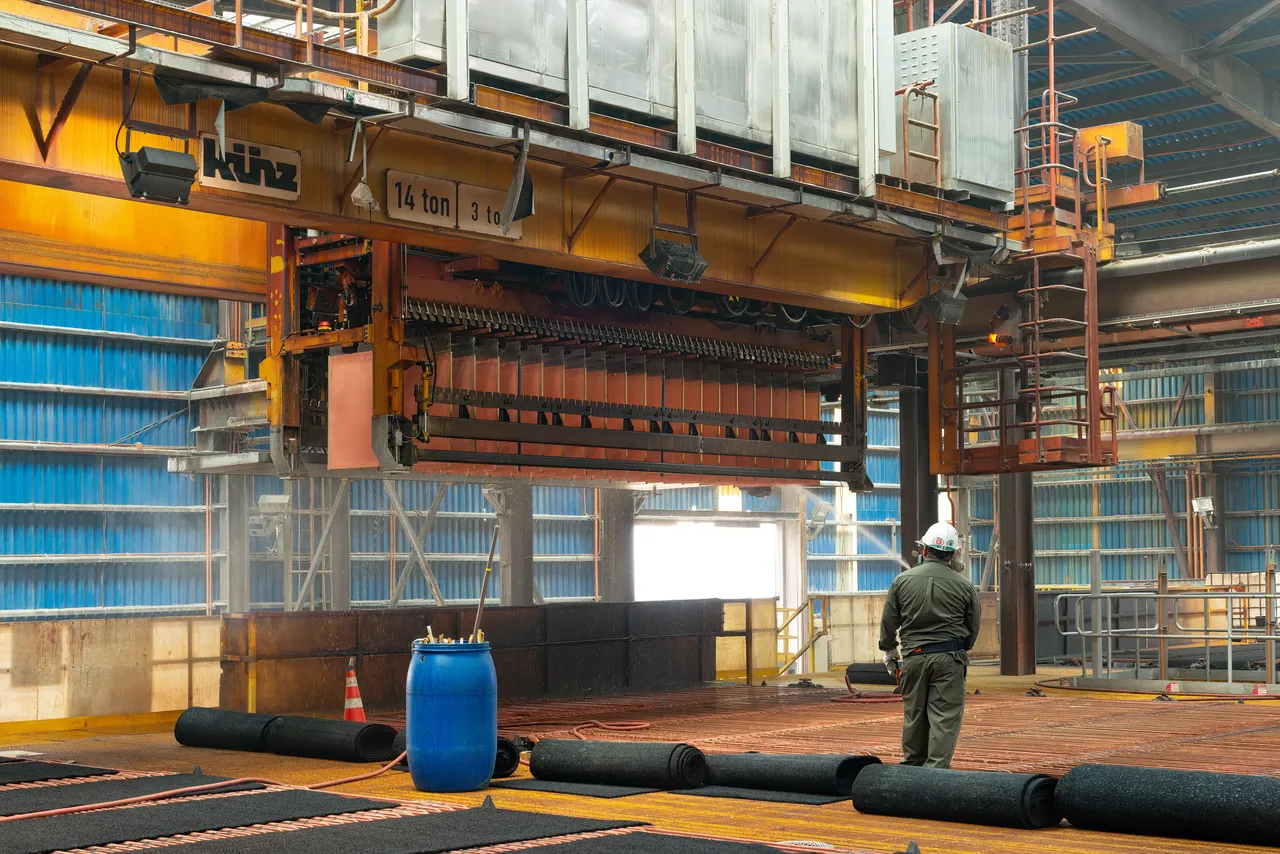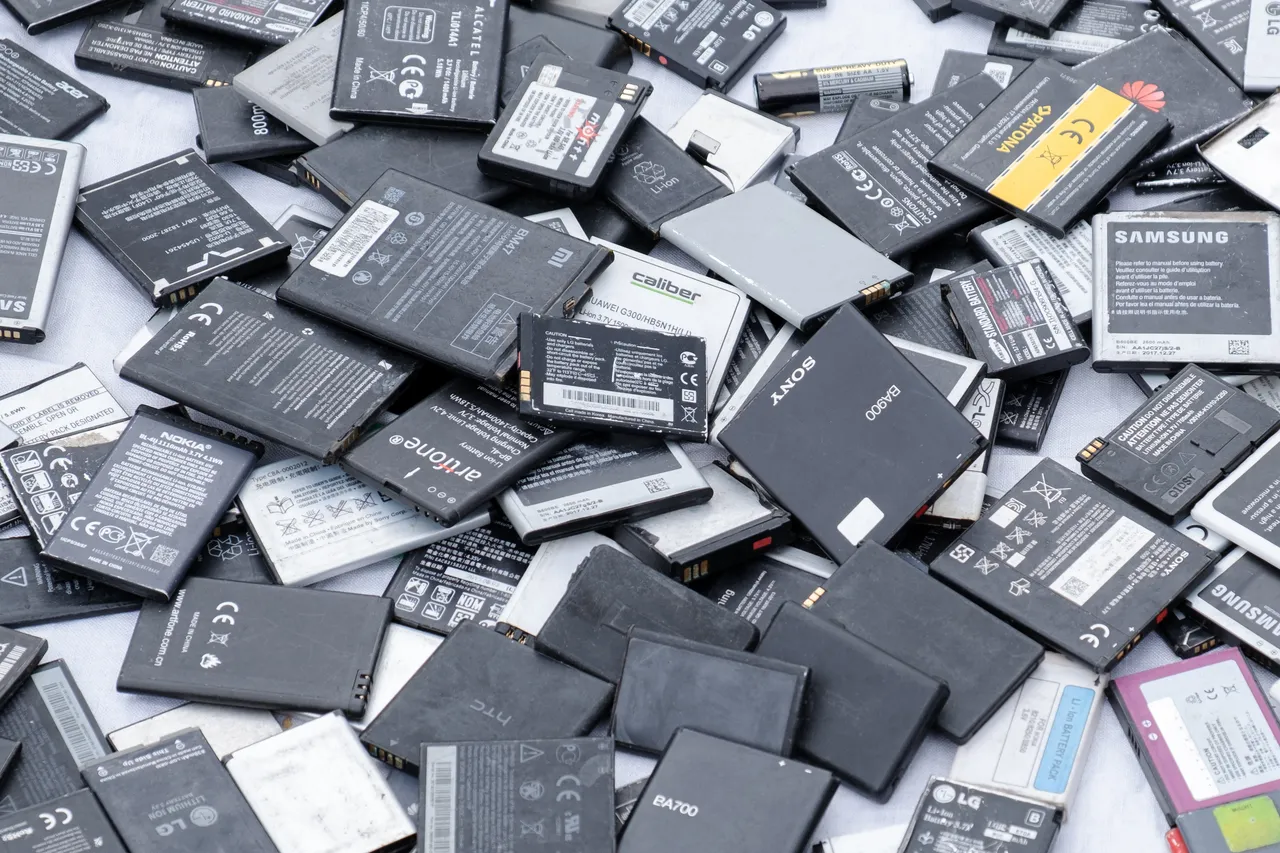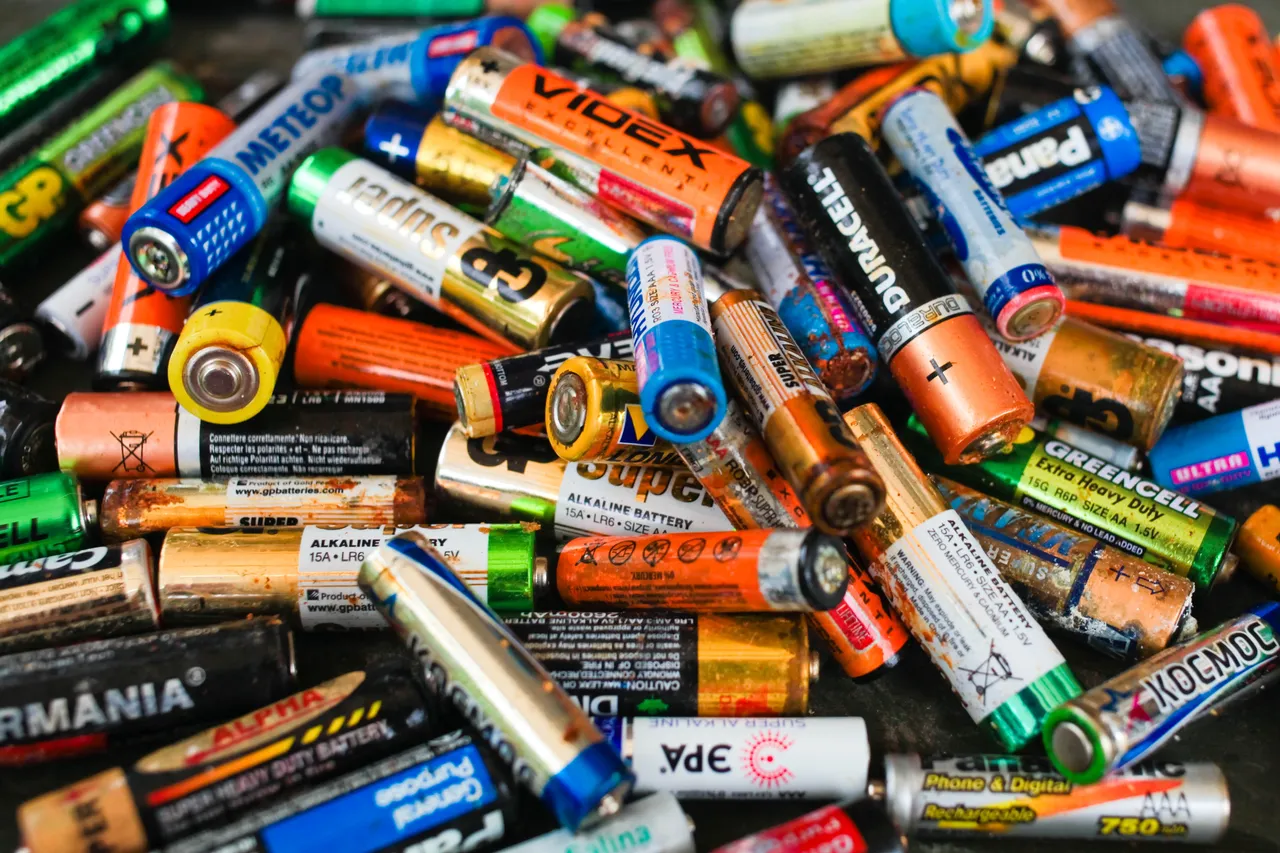
The European Union's new battery regulation and the Critical Raw Materials Act are bringing fundamental changes to the battery sector while offering opportunities for Türkiye's energy sector, provided that compatible national regulations are implemented.
Türkiye can strengthen its position as a reliable supplier for the EU by reducing dependence on critical raw materials and adopting clean production technologies.
At the same time, EU-compatible national legislation could facilitate both exports and boost foreign investor confidence.

The EU regulations target sustainability and transparent supply chains across all stages of the battery sector, from production to recycling.
According to the "Battery 2025 Sectoral Sustainability Report" published by Eko Etki, which provides training, consulting, and reporting services on corporate sustainability and green finance, battery production requires intensive energy in the cell and cathode stages. It creates a high carbon footprint throughout its lifecycle.
Critical raw material supply gaps and inadequate recycling infrastructure and waste management are among the sector's priority transformation areas.
The EU Battery Regulation and CIRPASS Digital Product Passport (DPP) applications introduce fundamental changes in various areas, including carbon footprint, the use of critical raw materials, recycling, and supply chain transparency.
According to experts, developing EU-compatible national legislation is crucial for Türkiye in terms of facilitating exports and enhancing confidence among foreign investors.

Sustainable Finance Expert Yunus Emre Ertos told the state-run Anadolu Agency (AA) correspondent, "The EU Battery Regulation establishes a comprehensive framework that includes the design, production, use, reuse and recycling stages of batteries."
Ertos emphasized the importance of the Critical Raw Materials Act, saying, "Strict rules are being introduced for the extraction, processing and recovery processes of strategically important inputs such as lithium, cobalt and nickel, which encourages sustainable raw material use in the sector."
Ertos stressed that producers are now required to consider environmental factors during the compliance process, underlining the need for lifecycle analysis, carbon footprint, and water footprint calculations.
Referring to EU steps to reduce dependence on critical raw materials, Ertos continued: "The EU aims to increase internal production, process a significant portion within the EU, and obtain a significant share from recycling to increase its self-sufficiency in critical raw materials.
"This situation contains both risks and opportunities for strategic suppliers like Türkiye. When the EU increases its own production, it can reduce its external dependence, and this situation can create pressure on Türkiye's export share," he noted.
"On the other hand, Turkish companies that effectively implement sustainability, transparent supply chains, and high-quality standards can seize the opportunity to strengthen their positions as reliable suppliers for the EU," he added.

Sustainability Expert Cansu Melis Aksu noted that recycling of end-of-life batteries and second-life applications is critically crucial for Türkiye, stating, "In Türkiye, battery recycling is regulated by legislation, and recycling of end-of-life batteries and second-life applications, especially with the widespread use of electric vehicles, is of great importance in terms of environmental sustainability, economic benefit and resource efficiency."
Aksu outlined Türkiye's priorities in the battery sector: "Türkiye's priority should be to strengthen collection infrastructure, establish battery recovery chains through private sector-municipality cooperation, and support R&D for second-life technologies."
"At the same time, developing EU-compatible legislation is critical for both export facilitation and foreign investor confidence," she added.
Emphasizing the importance of clean production technologies that reduce energy and water consumption, Aksu said, "Methods such as waste heat recovery, process optimization and automation, water recovery and treatment systems, renewable energy integration and digital monitoring technologies create sectoral opportunities through various technology integrations at the cost-benefit point in the medium and long term, ensuring economy and ecology integration within sustainability."
Aksu lastly noted that the effective implementation of national legislation and incentive mechanisms is crucial.
These measures would facilitate SMEs’ access to technology and help adapt successful international applications.
He added that this approach would support the widespread adoption of clean production technologies.
It would also encourage the formation of a sustainable production culture.